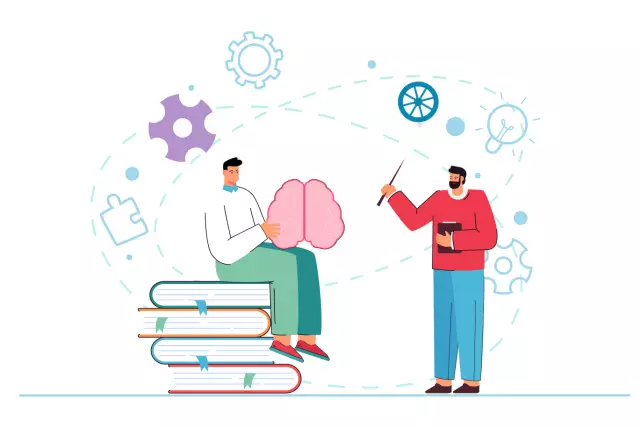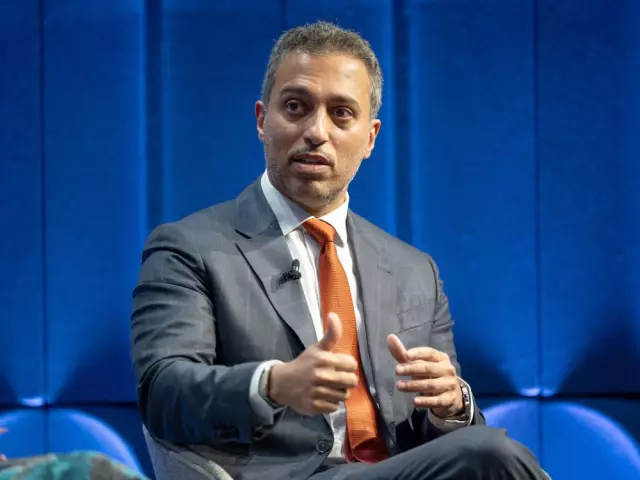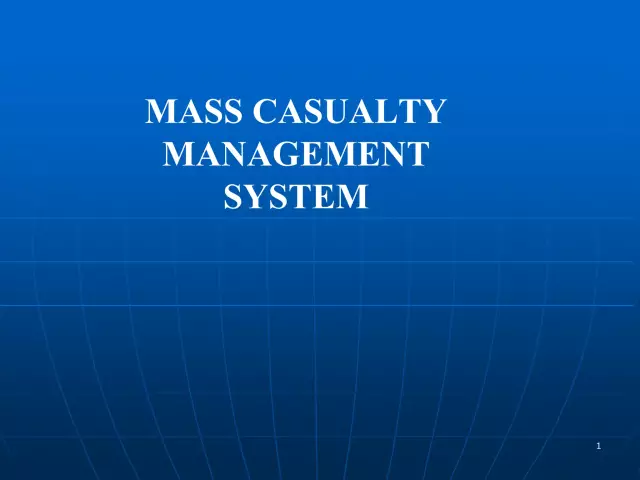- Author Rachel Wainwright wainwright@abchealthonline.com.
- Public 2023-12-15 07:39.
- Last modified 2025-11-02 20:14.
Modern methods of education
Modern methods of upbringing are aimed at the formation of a full-fledged personality with a clear worldview, self-determination and revealed abilities.

Features of modern teaching and education methods
Modern education is built taking into account the interests and needs of children, and the basis of the educational process is formed by pedagogical concepts and principles.
The main goal of modern methods of education is to solve pedagogical problems and achieve a positive result in the education of the individual.
The main tasks of the new methods of education include:
- Formation of personal qualities and development of the child's abilities;
- Education of morality and culture;
- Formation of social roles (citizen, family man, etc.);
- Development of educational and cognitive skills;
- Formation of universal human values;
- Development in accordance with interests and abilities.
The content of education methods is based on educational literature, scientific sources, methodological and didactic materials.
Characteristics of modern methods of education
In modern pedagogy, four new methods of education are distinguished: the method of G. Doman, the Waldorf pedagogy, the method of Montessori, the method of L. Bereslavsky.
The Waldorf pedagogical system found the greatest application in preschool educational institutions. The method is based on education by actions and practice, and not by words and theory. A child under 7 years old is seen as a copycat who takes an example from parents, teachers and educators. Adults should only show positive examples. Development according to the method of Waldorf pedagogy occurs through the training of fine motor skills with the help of sculpting, needlework and playing with small objects.
Modern methods of education according to G. Doman and L. Bereslavsky are similar in many respects. According to these methods, education should begin from a very early age, so as not to miss the moment and not lead to serious problems. The development of motor skills should begin as early as 2 years old, teach the child to distinguish colors and shades, geometric shapes and sizes. These techniques involve the constant implementation of exercises for mindfulness, the development of logical thinking and the expansion of ideas about the world around us.
Doman's method is aimed at intensive development of thinking and intellectual ability in children under 7 years of age. The method is based on the use of special cards with words and letters that need to be remembered and repeated. Classes should be short-term but regular. In the learning process, one should train memory, teach fast reading and reinforce the desire for knowledge with praise.
The most famous modern method of education and training is the Montessori system, developed by an Italian teacher, designed to develop work skills. Activities with a child should begin with simple household chores (watering flowers, wiping off dust, putting things and toys in place, washing dishes, etc.). Education according to the Montessori method is carried out with the help of abstract tasks, logical exercises and the development of perception.
Classification of modern teaching and upbringing methods in domestic pedagogy:
-
Methods aimed at the formation of consciousness, beliefs, views and oral speech (conversation, dialogue, story, lecture, debate, seminar, reasoning, etc.);

Analysis of modern teaching and upbringing methods - Methods of pedagogical suggestion, which use figurative, emotional and psychological techniques to create a positive atmosphere of training and education;
- Methods of behavior formation and work activity (training, regime, requirements, assignments, etc.);
- Methods of repetition and consolidation of knowledge through assignments, exercises and tasks;
- Methods of encouragement and incentives (competitions, tournaments, contests, games, etc.;
- Methods of control, self-determination and self-assessment, which are aimed at the development of analytical and logical thinking, reflection and self-identification (questioning, testing, analysis, etc.).
These modern methods of education can be effectively used in a holistic system in order to form a full-fledged personality capable of acting logically and meaningfully in various situations, making decisions and controlling oneself.
Found a mistake in the text? Select it and press Ctrl + Enter.






